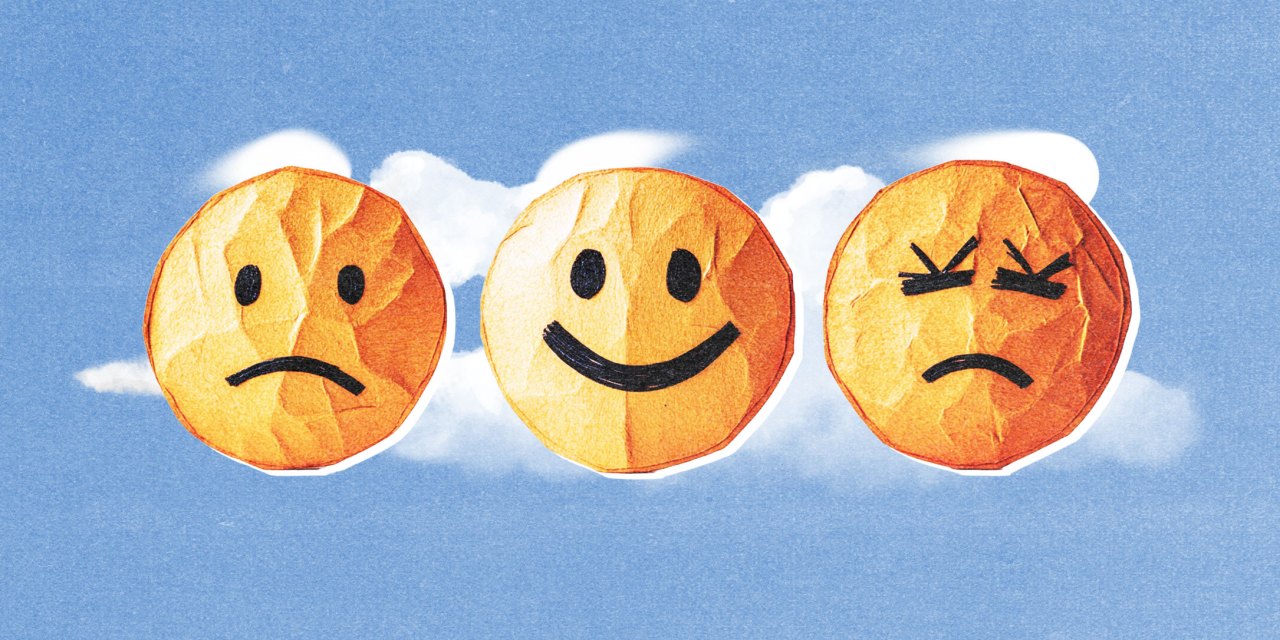In unfunny times, can humor make work more bearable?

As the average person spends 90,000 hours at work over a lifetime — one-third of our lives — the quality of that time matters a lot. And as bosses brace for a looming “manager crash,” they might want to turn to an unexpected ally: humor.
We’re not talking about just getting laughs. “Smart humor” is a strategic tool backed by science, with laughter having been proved to reduce stress, strengthen team bonds, and transform the most tedious meetings into lively, engaging exchanges.
What exactly is smart humor? It’s something that’s funny but also inclusive, relatable and never targets individuals. It highlights collective challenges rather than creating new ones. “Humor is the duct tape of the workplace because it holds things together when everything’s falling apart,” said workplace communications expert Lisa Jones. “A well-placed joke or meme can turn tension into teamwork and make work less like, well, work.”
Jason Massey, founder and CEO of Ndustrial, an industrial intelligence platform, judges his day’s success not by metrics or milestones but by belly laughs. His philosophy centers on what he calls smart humor as a management strategy.
“I believe jokes offer a fresh, loving way to communicate hard truths, sharpen intelligence and creativity, and challenge employees to handle nuance and context in ever-present gray areas,” he said. “Self-effacing humor and walking the line — but never stepping over it — are a few of my keys to making the workplace fun(ny) again in 2025.”
Heather Lamb, a workplace well-being expert, emphasizes humor’s deeper psychological benefits. “Humor is a potent tool for connection and healing in the workplace — it’s not just about laughing,” she said. “The proper use of humor may relieve stress, foster relationships and lighten even the most trying days. But it’s important to utilize comedy carefully.”
Like making fun of our own mistakes, smart humor unites people without going too far, as she sees it. “Our goal is to establish a space where everyone feels appreciated and where we can laugh together rather than at one another,” she said.
How can HR champion workplace humor in a constructive context? Some possibilities:
Incorporate humor into onboarding with an “Unofficial Survival Guide” featuring harmless inside jokes and observations
Create dedicated spaces for levity, such as a “Laugh Lounge” Slack channel for work-appropriate memes and GIFs
Gamify common frustrations at work by polling teams for the “worst business buzzword of the week”
Humanize communications by replacing formal phrases with more relatable language
Dovile Kelpsiene, talent acquisition specialist at Omnisend, a marketing automation platform, suggests that HR create short Kahoot quizzes featuring team members’ funny moments — sharing funny childhood photos with coworkers and having them guess who’s in each photo, for example.
Even during the most difficult periods, humor can serve as a powerful coping mechanism in the office. Jones recalls that during a time of brutal budget cuts, his team played Corporate Survival Bingo, marking off overused, and hated, phrases like “Do more with less” and “We’re a family here.” Said Jones “It didn’t change reality, but it gave us a way to cope, and meetings became slightly less soul-draining.”
Similarly, Kelpsiene found humor in a challenging recruitment situation. “Once, an engineer ghosted me just a few minutes before an interview and even changed his actual email to missbeliever@gmail.com,” she said. “That was tough, but at the same time, we all had a laugh at how creative this was.”
Employers who embrace smart humor often discover it strengthens their culture beyond mere entertainment value. As Lamb observes, “Companies that value comedy also promote balance, the kind of equilibrium that makes employees feel heard, involved and supported. A healthy, inclusive use of humor has the power to change the entire workplace culture.”
In these afflicted times when less and less around us seems funny, humor could prove a most relieving salve.
As Massey puts it, “These little bursts of laughter have the power to change everything.”


